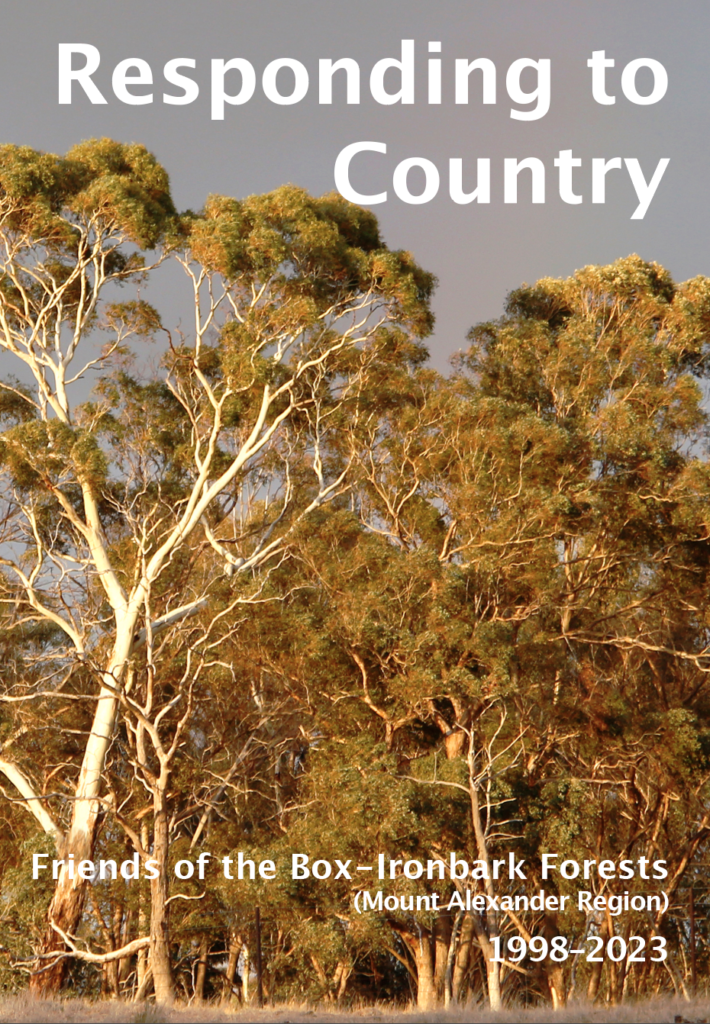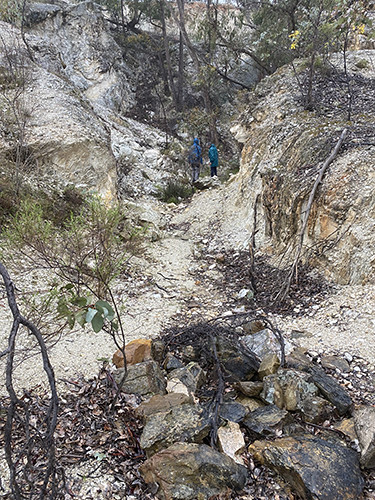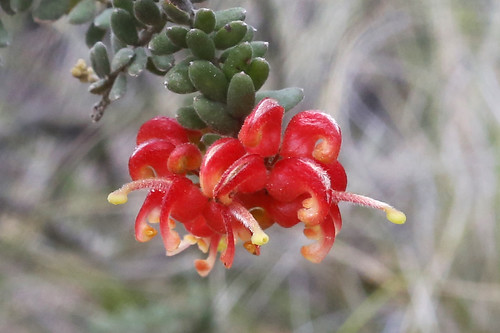FOBIF has made a brief submission to the current Parliamentary enquiry on fire preparedness. This is possibly the millionth submission on fire we’ve made over the last 15 years, and is accompanied by a slight feeling of going around in circles: but we live in hope that repeating ourselves over and over might have a beneficial effect.
The submission concentrates on environmental matters and the Parks Victoria budget. The headings in bold quote the enquiry’s terms of reference. The substance of the submission is below:
***
This brief submission will concentrate on the two categories under A below, and we will make a brief comment on Parks Victoria’s most recent annual report.
We do not intend to underplay the importance of safety: we merely wish to insist on the importance of integrating safety concerns with a commitment to a healthy environment: we don’t believe we should make ourselves safe by reducing the environment to a dust bowl.
In our view, the common assumptions about fuel management in the past were either, ‘the bush is tough, it will recover’, or ‘too bad, safety comes first.’ We believe management should advance from the trade off position to one where it aims for both safety and environmental health, and resists any notion of trade offs and compromises [most of which, in the recent past, have been on the environmental side.]
A ‘c. The impact of preventative burns on threatened species; d.The impact of preventative burns on Ecological Vegetation Classes;’
We wish to make the following specific requests:
- All fuel reduction exercises should be informed by credible, research based knowledge
In our experience few if any fuel reduction burns are informed by detailed ecological knowledge. Although DELWP and its predecessors have conducted monitoring of some fire sites, there is little evidence that this monitoring has guided practice. The best we have been able to expect is that the presence of threatened species will have an influence on burn plans. For the rest, we are at the mercy of operators who may or may not have some sympathy for landscape and/or ecological values: we have seen steep hillsides burned bare and washed away by predictable storms; mature trees destroyed; and valuable tracksides scraped bare to improve traffic access. All of these practices arise from the fact that fuel reduction – even in so called ‘ecological’ burns – has been seen as simply that: ecological considerations come nowhere in the planning or the practice.
In asking for the above underlined requirement, we are only asking for what has been repeatedly stated in successive fire operations plans. Although practice has improved somewhat recently, we believe the requirement that officers show clearly the research base of their operations should be strengthened.
We note in passing that the only serious ecological research project in our area on management burns, the Box Ironbark Experimental Mosaic Burning Project, was effectively discontinued after less than three years.
- Parks Victoria and DELWP should be adequately staffed, not only for the conduct of fire operations, but for the research capacity needed to guide them.
- B. ‘The Committee is to consider annual reports tabled by the Department of Environment, Land, Water and Planning and its agencies, including Parks Victoria…’
At the moment, land management in Victoria resembles an aircraft with good pilots (the rangers, few as they are), but no maintenance staff whatever. Years of cut backs have reduced Parks Victoria’s capacity to look after land health. This is one of the [many] elephants in the room in the fire debate.
In this connection we draw the Enquiry’s attention to the 2015 Parks Victoria Annual Report, and invite MP’s to compare these two paragraphs:
‘At Parks Victoria, we believe the future is one of excellence…The deployment of a new operating model and a new structure in our regions, complemented by realignment across our Corporate Services divisions, has brought considerable transformation to our business…The Parks Victoria Board is extremely excited by these changes…’ page 8
And
‘Parks Victoria achieved a net result from transactions of $6.226 million deficit for the 30 June 2015 financial year. This was in line with expectations and follows a challenging financial period due to a decline in funding for Parks Victoria’s core operations’ [page 25; our emphasis]
All this in the context of cuts amounting to nearly 40% in PV’s budget in the previous years. We believe that the Enquiry should require Government Departments to produce reports free of spin, so that the public can more easily get an idea of how well they are working.



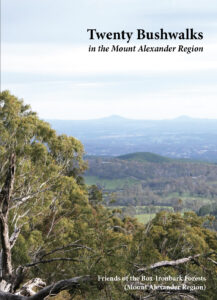
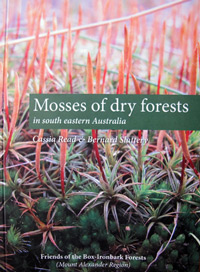 Click on image for info/order page
Click on image for info/order page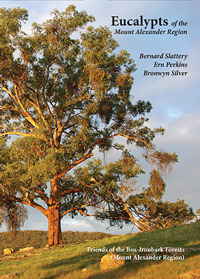 Click on image for info/order page
Click on image for info/order page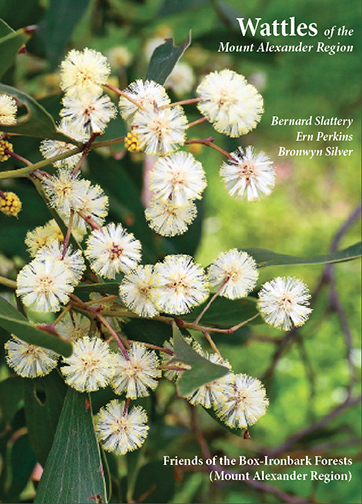 Click on image for info/order page
Click on image for info/order page
